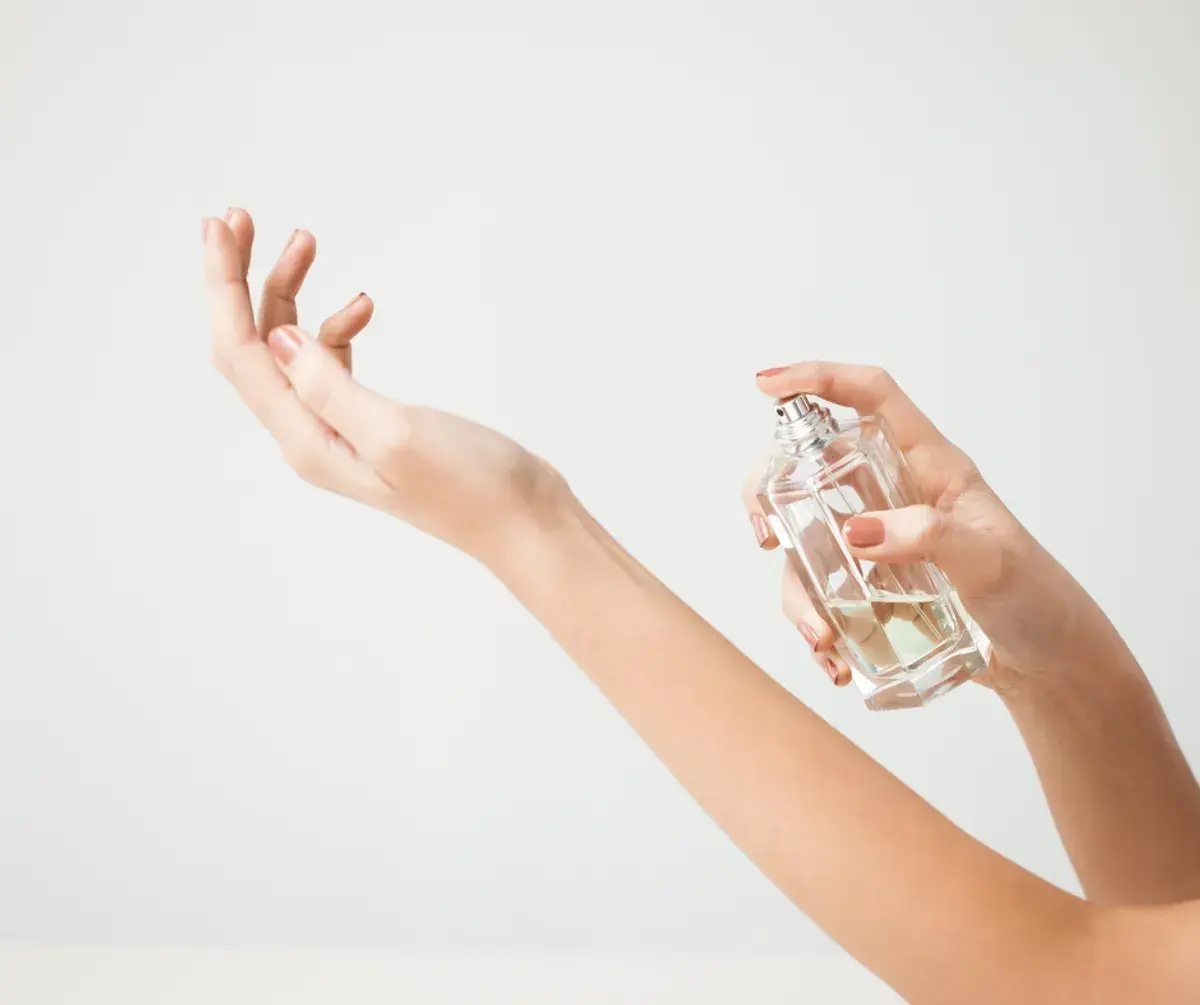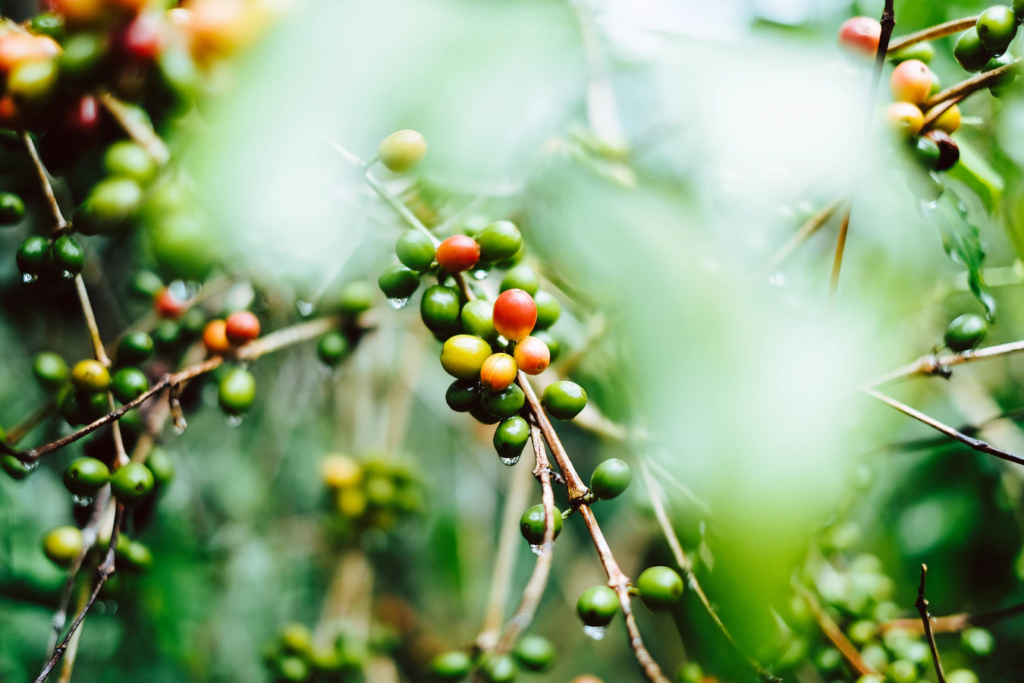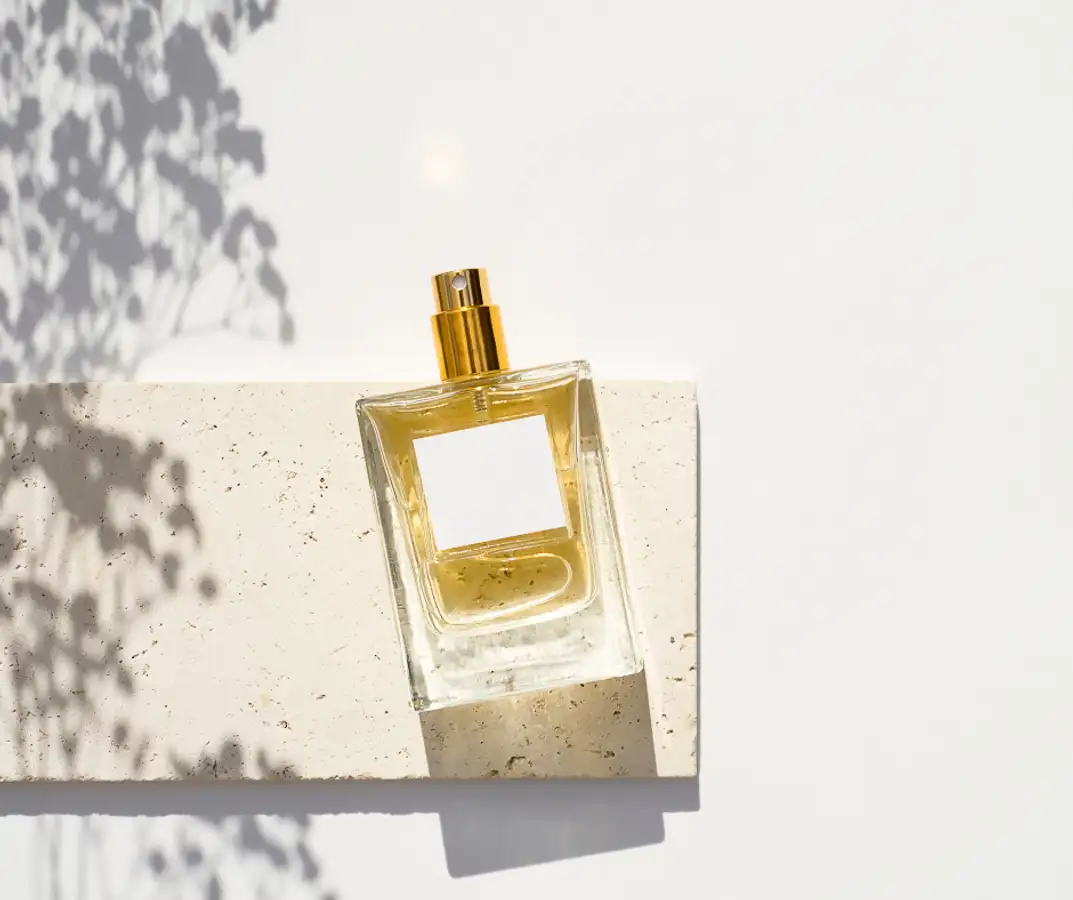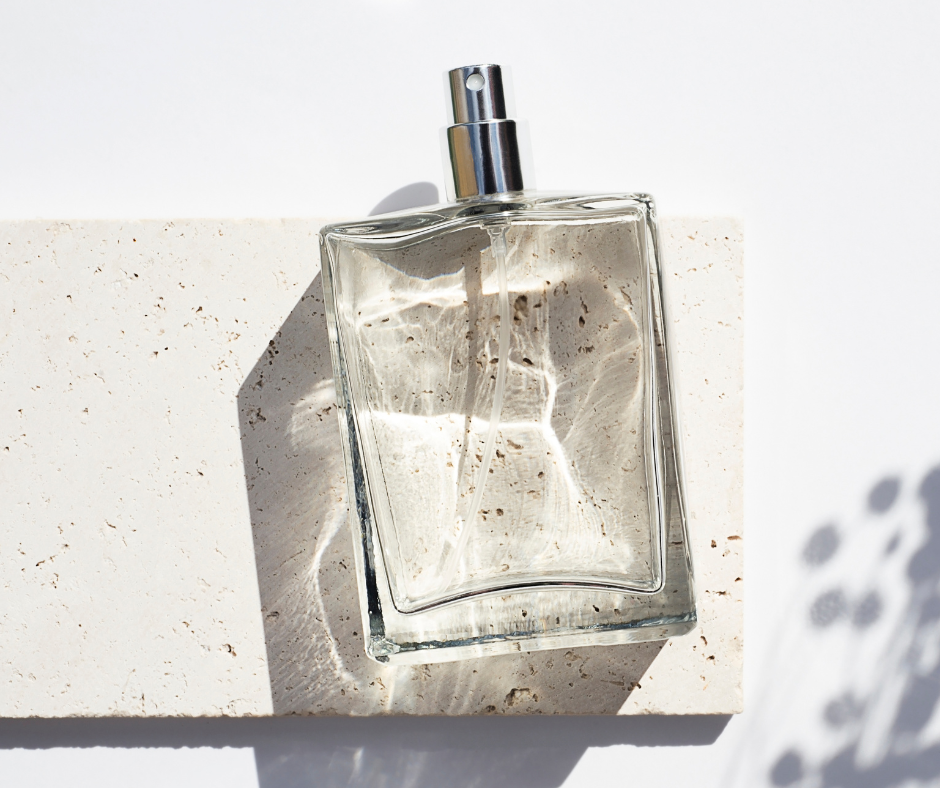Have you ever wondered why some perfumes seem to last all day while others fade within hours? The secret often lies in the type of base used in the fragrance. With the growing popularity of perfumes, choosing the right type is crucial. In this blog post, we’ll explore the key differences between alcohol-based and water-based perfumes.
What is alcohol-based perfume?
Alcohol-based perfumes are the most popular fragrances you will find. They usually use ethanol, or ethyl alcohol, as the main ingredient. This alcohol helps to dissolve the fragrance oils and spread the scent evenly. Sometimes, other alcohols like isopropyl alcohol are added to denature ethanol, improving its effectiveness.
Using alcohol in perfumes isn't a new trend. It goes back centuries to ancient civilisations that crafted aromatic blends from fermented grains and fruits. Today, alcohol-based perfumes are still the go-to choice, loved for their strong scent and long-lasting fragrance.
What is water-based perfume?
Water-based perfumes, as the name suggests, use water as the main solvent instead of alcohol. These perfumes often incorporate alternative solvents like glycerin or natural oils to help blend the fragrance components. The result is a gentle, hydrating formula that is kind to the skin. They are especially popular among individuals with sensitive skin or those who prefer a subtler scent.
Key differences between alcohol and water-based perfumes

Scent longevity
Alcohol-based perfumes are known for their strong, immediate scent. The alcohol helps the fragrance molecules evaporate quickly, giving you an intense burst of aroma right away. This quick evaporation also means the scent sticks around for a long time. On the other hand, water-based perfumes evaporate more slowly, which leads to a more gradual release of the scent and a softer aroma.

Skin sensitivity and allergies
While effective at improving scent projection, alcohol can sometimes irritate sensitive skin. It may cause dryness or redness, particularly for those with allergies or skin conditions. Water-based perfumes are generally gentler on the skin, which can potentially avoid irritation.

Fragrance stability
Alcohol acts as a preservative, which means it helps keep the fragrance compounds from breaking down. This makes these perfumes suitable for long-term use, as their scent doesn't change much over time. Water-based perfumes face more challenges in maintaining scent stability, as water doesn't preserve scent molecules as well as alcohol does.
Current market trends

The influence of Gen Z
Gen Z, people born between 1996 and 2010, is transforming the perfume market with their specific tastes and desires. They care deeply about authenticity, sustainability, and social responsibility, favouring brands that are transparent about their practices. Strongly influenced by social media and peer recommendations, Gen Z's increasing purchasing power is driving cosmetics brands to adopt more ethical and sustainable approaches.

Personalisation in vogue
Personalised perfumes are super popular currently as consumers look for scents that reflect their individuality. Brands are offering customisable options and using AI to suggest personalised fragrance profiles. This trend not only enhances customer satisfaction but also builds loyalty, as people feel a deeper connection to products tailored to them.

The importance of cultural elements
Cultural elements in perfumes are gaining importance as consumers seek meaningful connections with brands. Fragrances that evoke cultural heritage or nostalgia create strong emotional bonds. Brands are celebrating diversity by incorporating diverse cultural notes and sustainable sourcing practices, appealing to consumers who value both authenticity and responsibility.
Conclusion
Understanding the differences between alcohol-based and water-based perfumes is essential for meeting the diverse needs of the market. As the industry evolves, staying informed about trends like personalisation, the influence of Gen Z, and the integration of cultural elements can help brands better serve their clients. These trends offer exciting opportunities for innovation and growth in the perfume market.








.webp?width=352&name=REN-Alcohol%20(1).webp)


Leave a comment